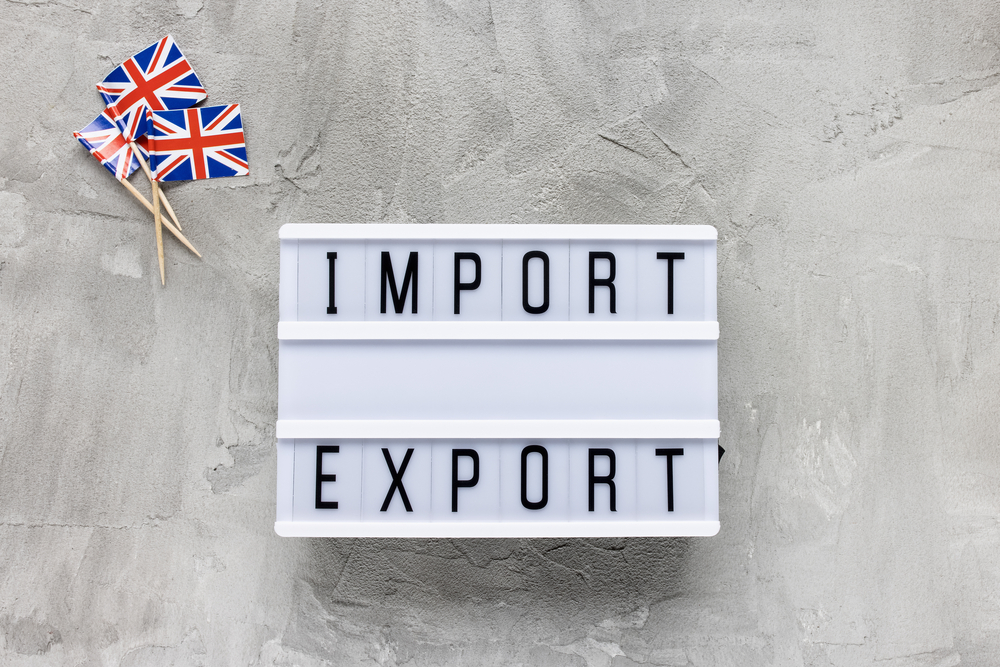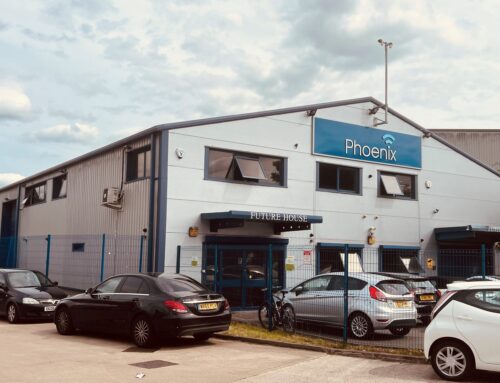UK businesses have had a lot to deal with in 2021. Not only the fall out from a global pandemic, but also the far-reaching implications that the country’s departure from the EU has had for trade.
The UK officially left the European Union on 1st January 2020. But because of the 12-month transition period agreed as part of the exit negotiations, for businesses that regularly import goods from Europe, nothing really changed until 1st January 2021.
Since then, many commercial sectors have experienced a steep learning curve – including UK retail businesses that have been used to sourcing refurbished mobile phone stock from Europe.
Having only really grown to maturity in the past decade or so, the refurbished phone market has developed and evolved in a specifically EU context. With free trade throughout the bloc, wholesalers routinely source pre-owned phones from across the continent, before distributing them freely to retailers across all member states.
Having been very much a part of that single market, used phone retailers in the UK now find themselves on the outside. If you are looking to import pre-owned mobiles from Europe, there’s no longer the simplicity of ‘free movement’ of goods – the import process is the same as bringing in refurbished electronic devices from China, the USA, or anywhere else in the world.
So in practical terms, what do firms need to be aware of most? We’ve been fielding lots of questions from clients about bringing refurbished phones into the UK from the EU. Here are some of the things we’re being asked most frequently, and what our advice to customers is.
Do I need to pay customs duty on imported refurbished phones from the EU?
No. As part of the broader UK commodity category for telephones and other multimedia devices, all mobile phones, new or refurbished, are exempt from customs duty when imported from any third country.
Do I need to hire a customs broker or freight forwarding firm to handle my refurbished phone imports?
Official government advice to UK firms importing goods from the EU is that they should hire specialists to handle administration at the border, partly because, if you’ve only ever imported from the EU, it’s a very new process, and partly because this is the advice given when importing goods from the rest of the world.
This makes sense if you are planning on importing refurbished phones directly from the EU yourself. However, if you are a retailer, you also have the option of working with a UK-based wholesaler that imports devices, and therefore takes care of all the admin side for you. If you’re used to dealing with an EU-based wholesaler, you should seek further advice.
Do I need to register to import refurbished phones from the EU?
Again, this depends on whether you import goods directly or go through a wholesaler, and where the wholesaler is based. If your business is effectively the first port of call for devices arriving in the UK, with the people you receive them from based in another country, then yes, you do have to register as an import business. You will need an Economic Operator Registration and Identification (EORI) number, which is used for customs and related processes for all goods leaving and entering the EU.
Will I need to pay more VAT on imported phones?
Changes to VAT is where post-Brexit rules on trade with the EU start to get complicated. Previously, VAT paid on goods bought from the EU was treated exactly the same as VAT on goods bought in the UK. It was charged at point of sale at the rate applicable in the buyer’s country, payable to the tax authority in the buyer’s country.
So as a UK retailer, whether you bought refurbished phones from the UK or the EU, you always paid VAT at 20%, which was added to the total when you bought the goods.
A key difference now is that VAT on goods bought from the EU is no longer paid at point of sale, but when they arrive in the country (you may have seen the stories about consumers getting hit with big delivery surcharges by couriers when online purchases from European vendors arrive). For businesses, you’re more likely to be asked to pay the VAT as part of the customs clearance process, which is another reason to work with a customs broker or freight forwarder (or partner with a trusted UK-based wholesaler who will have taken care of all of this already).
As for how much you have to pay, the standard UK rate remains 20%. However, for imports, you don’t just pay this on the value of the goods you are buying, but also on shipping and insurance costs – in other words, the costs of getting the goods into the country. HMRC standardises this via something called the VAT Value Adjustment on imported goods. It means that in practice, yes, the overall cost of VAT liabilities on refurbished phones imported from the EU is now higher than before Brexit.
Can I still take advantage of Marginal VAT on imported refurbished phones?
One of the big advantages for retailers of selling refurbished phones over new is that they qualify for Marginal VAT. Marginal VAT is a scheme designed to lower liabilities on the sale of second-hand goods by charging VAT only on the profit the vendor makes, not the full cost of the goods.
Previously, UK retailers were able to take advantage of the Marginal VAT scheme even when they sourced refurbished phones from the EU. But that has now ended. Marginal VAT is only available to UK vendors on phones sourced in the UK. That means if you do import phones from the EU expecting your usual tax break, you could be hit with a nasty surprise in the form of an extra VAT bill.
Phoenix Cellular can still supply Marginal VAT devices
Thanks to our warehouse and company in the Netherlands, Phoenix Cellular BV, our customers can still take advantage of the Marginal VAT scheme. We covered how we have adjusted our business in this article.
For more information, speak to your account manager today on +441270 449999 or email sales@phoenixcellular.co.uk.



